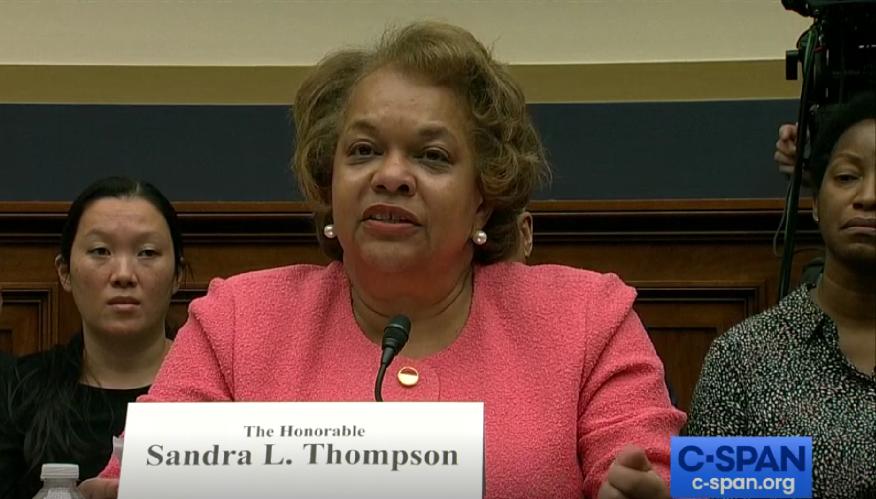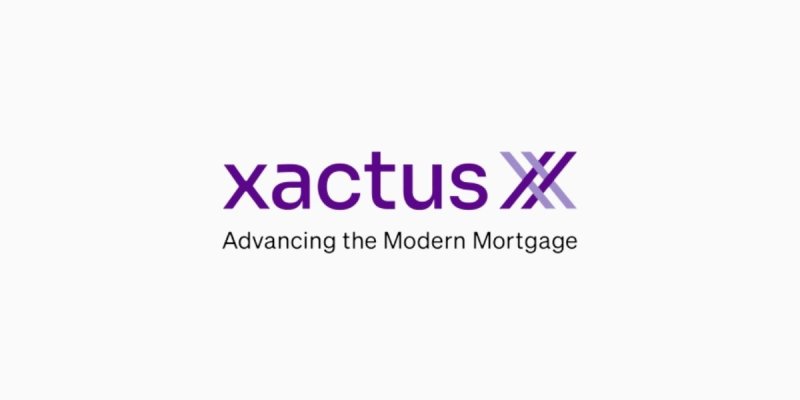
FHFA Director Strongly Defends New GSE Pricing Framework

Tells House committee it’s “simply not true” that financially stronger borrowers are subsidizing others.
Federal Housing Finance Agency (FHFA) Director Sandra L. Thompson on Monday once again vehemently defended the new pricing framework for Fannie Mae and Freddie Mac, stating that it “is simply not true” that financially stronger borrowers are subsidizing poorer borrowers.
Some Republican members of the committee, however, dismissed her defense.
In written testimony submitted ahead of her appearance Tuesday during a public hearing titled “FHFA Oversight: Protecting Homeowners and Taxpayers” conducted by the U.S. House Committee on Financial Services, Thompson said reports suggesting that richer borrowers are subsidizing poorer borrowers are misleading.
The FHFA in January announced changes to the single-family pricing framework for Fannie Mae and Freddie Mac (the Enterprises) by introducing redesigned and recalibrated upfront fee matrices for purchase, rate-term refinance, and cash-out refinance loans. The new framework took effect on May 1.
Even before the new framework took effect, critics raised objections because they believe it does, in fact, subsidize poorer borrowers. Two separate bills were introduced in the U.S. House seeking to overturn the changes.
Rep. Stephanie Bice, R-Okla. and vice chairwoman of the Republican Main Street Caucus, said she introduced her bill because “we should not punish individuals who have made sound financial decisions or have the government incentivize lowering credit scores.” Rep. Andy Biggs, R-Ariz., said he introduced his bill for similar reasons.
'Distorted Basic Facts'
In her written testimony, Thompson states unequivocally that such complaints are wrong.
“Unfortunately, certain media reports have distorted basic facts by painting an incomplete and misleading picture of these pricing updates,” Thompson stated in her written testimony. “These media reports often make the fundamental mistake of assuming that the pricing grids previously in place were perfectly aligned with the risks faced by the Enterprises. I would like to dispel that myth: In fact, the pricing grids in effect prior to these updates had not been updated in many years and were not fully reflective of the capital framework with which the Enterprises are required to comply.”
She continued: “I want to be very clear on one key point, and one that bears repeating: Under the new pricing framework, borrowers with strong credit profiles are not being penalized to benefit borrowers with weaker credit profiles. That is simply not true.”
During her testimony to the committee Tuesday, Thompson added that the framework’s pricing grids do not reflect the full cost of a mortgage for those with lower credit scores, because the grids do not include the cost of mortgage insurance.
“Borrowers pay for this insurance in addition to the guarantee fees that are passed on to them,” she said, adding that if a borrower defaults on a mortgage the private insurance provider absorbs the first loss, “which limits overall losses for the Enterprises.”
She added that, “Any narratives that ignore these simple facts are harmful to borrowers who could misunderstand the steps they should take to best position themselves for homeownership.”
She told the committee that borrowers with lower credit scores “will continue to pay higher overall credit costs than borrowers with higher credit scores.”
Higher Fees For Higher Credit Scores
Rep. Andy Barr, R-Ky., however, disputed that assertion by Thompson during the hearing. He first asked her if any of the price increases were assessed on loans with a credit score of 679 or lower, stating, “I think the answer is ‘no.’”
He then asked, “Is it correct to say that all increases in the LLPAs under the new grid were assessed on loans with credit scores of 680 or higher?” He then stated, “The answer is ‘yes.’”
“So every one of the higher fees goes to borrowers with credit scores higher than 680, and this is the problem that members have, because our constituents have a problem with this,” Barr said. “It may advance a political agenda of equitable housing, but it doesn’t advance the statutory mandate that you as the FHFA director have to promote safety and soundness.”
On another topic, Rep. Pete Sessions, R-Texas, said he had received letters from appraisers in his district concerned that Fannie Mae and Freddie Mac were eliminating appraisals for both refinances and new purchase loans. Thompson denied that claim as well.
She said that, during the pandemic, the Enterprises sought alternatives to in-person appraisals because homeowners were reluctant to allow people into their homes. Both Fannie Mae and Freddie Mac turned to appraisal waivers in some specific cases, but also to desktop appraisals, which allow appraisers to input information into a computer system.
“It is not the goal of Fannie Mae or Freddie Mac to eliminate appraisals,” she said.




